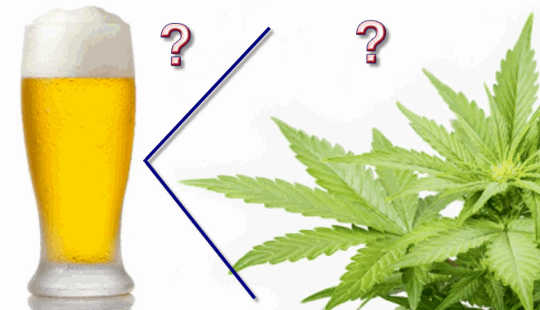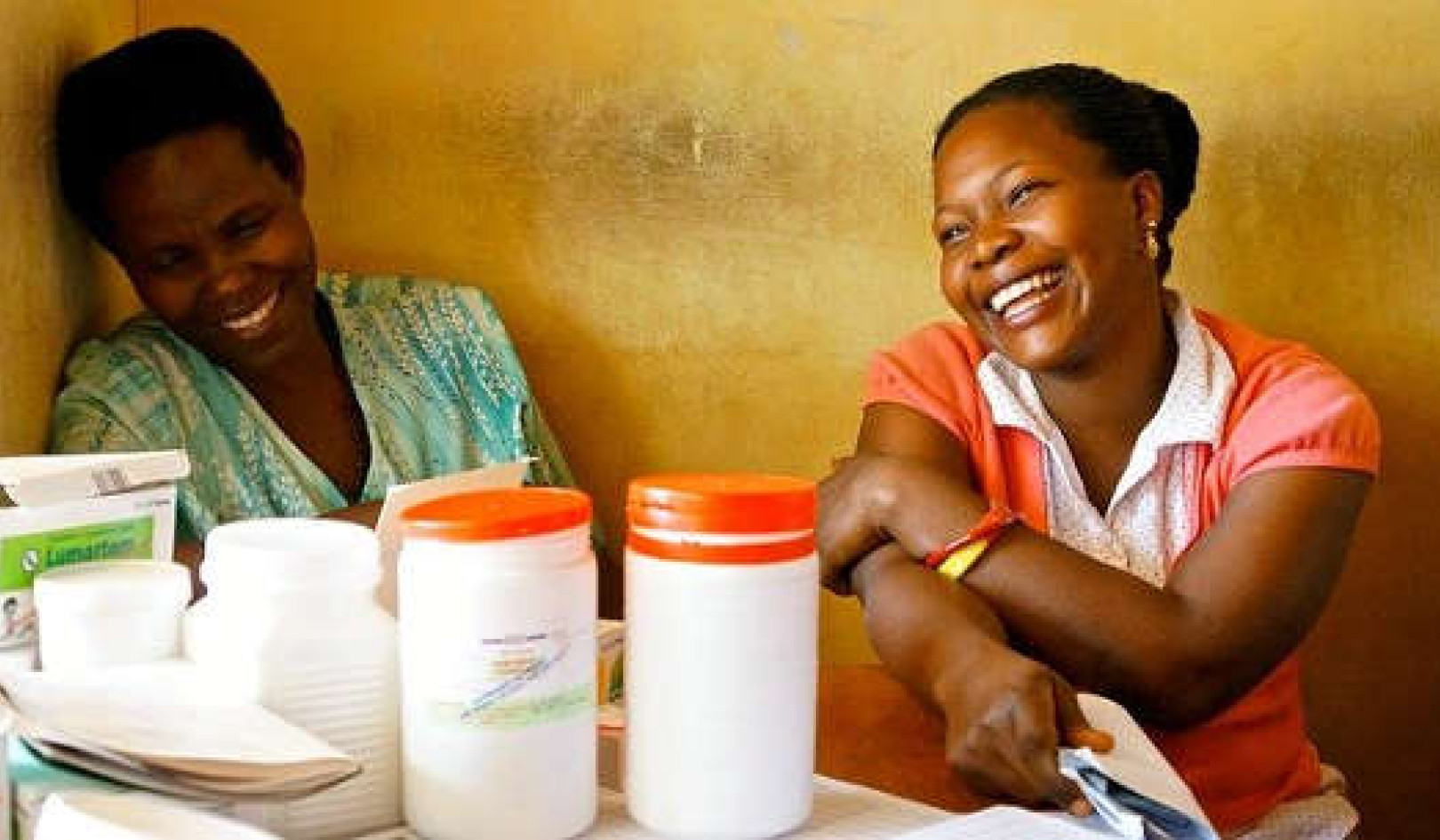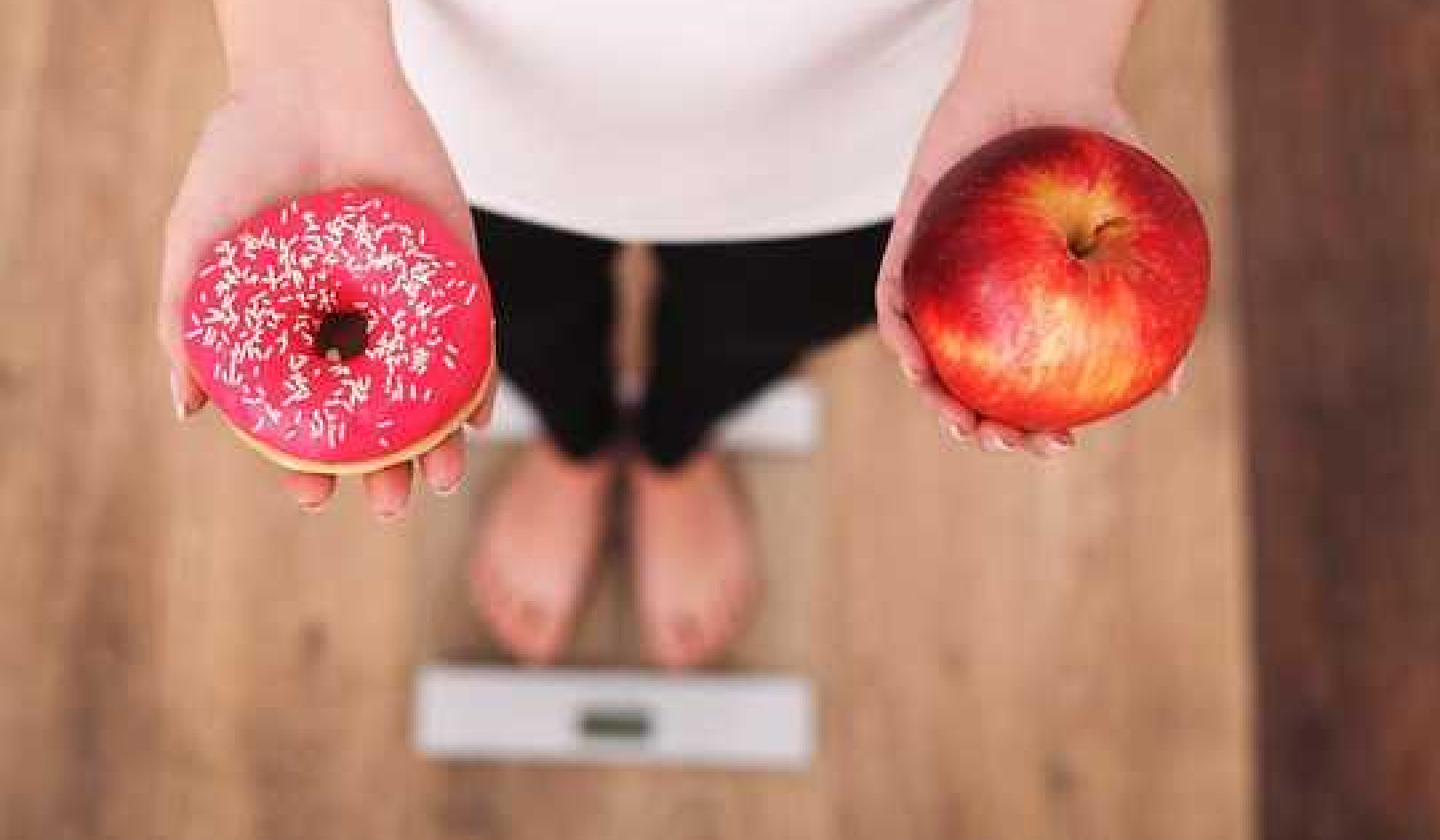
For a new study, researchers asked people about their experiences before, during, and after sex while under the influence of marijuana and alcohol.
“With marijuana becoming more accepted in the US along with more liberal state-level policies, it is important to examine users’ sexual experiences and sexual risk behavior associated with use to inform prevention and harm reduction,” says Joseph J. Palamar, an affiliate of New York University’s Center for Drug Use and HIV Research and an assistant professor of Population Health at NYU Langone Medical Center.
In this study, the researchers interviewed 24 adults (12 men and 12 women, all self-identified as heterosexual and HIV-negative) who recently used marijuana before sex. Compared to marijuana, alcohol use was more commonly associated with social outgoingness and use often facilitated connections with potential sexual partners.
On the other hand, alcohol was more likely than marijuana to lead to atypical partner choice or post-sex regret.
Pros and cons
As reported in Archives of Sexual Behavior, alcohol was commonly used as a social lubricant to meet sexual partners, and this was related, in part, to alcohol being readily available in social gatherings.
“Interestingly, some users reported that the illegality of marijuana actually facilitated sexual interactions,” notes Palamar. “Since smoking marijuana recreationally is illegal in most states and smoking it tends to produce a strong odor, it usually has to be used in a private setting. Some individuals utilize such private or intimate situations to facilitate sexual encounters.”
While users often described favorable sexual effects of each drug, both alcohol and marijuana were reportedly associated with a variety of negative sexual effects including sexual dysfunction. For example, marijuana use was linked to vaginal dryness and alcohol was commonly described as increasing the likelihood of impotence among males.
The researchers note that the sexual effects tended to be similar across males and females, and both alcohol and marijuana were generally associated with loss of inhibitions. Both drugs appear to be potentially associated with increased feelings of self-attractiveness, but possibly more so for alcohol, and participants reported feelings of increased sociability and boldness while consuming alcohol.
While some participants reported that marijuana use made them more selective in choosing a partner, many participants— both male and female—felt that their “standards” for choosing a partner were lowered while under the influence of alcohol.
“It wasn’t surprising that alcohol use reportedly led to less post-sex satisfaction than marijuana,” says Palamar. “Participants reported feelings of regret more frequently after sex on alcohol, but compared to alcohol they generally didn’t report poor judgment after using marijuana.”
When smoking marijuana, participants tended to reported increased feelings of anxiety or a sense of wariness in unfamiliar situations that they did not generally seem to experience after using alcohol. Therefore, these drugs appear to have different effects with regard to socialization that may precede a sexual encounter.
“Sexual encounters on marijuana tended to be with someone the individual knew,” comments Palamar. “Sex on alcohol was often with a stranger so the situation before sex may be much more important than the drug used.”
Risky choices
Marijuana and alcohol are associated with unique sexual effects, with alcohol use reportedly leading to riskier sexual behavior. Both drugs appear to potentially increase risk for unsafe sex.
“Research is needed continue to study sexual effects of recreational drugs to inform prevention to ensure that users and potential users of these drugs are aware of sexual effects associated with use,” adds Palamar. “Our results can inform prevention and harm-reduction education especially with regard to marijuana, since people who smoke marijuana generally don’t receive any harm reduction information at all. They’re pretty much just told not to use it.”
Funding came from the Center for Drug Use and HIV Research via the National Institute on Drug Abuse (NIDA). NIDA also supported the first author.
Source: New York University
Related Books
at InnerSelf Market and Amazon

























